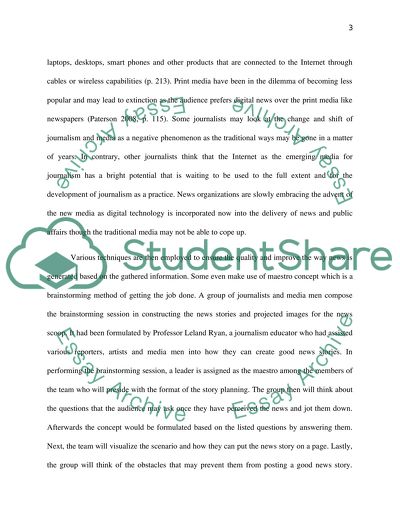Cite this document
(“Is the Future of Democratic Journalism Better than the Past Essay”, n.d.)
Retrieved from https://studentshare.org/journalism-communication/1398609-journalism-and-politics
Retrieved from https://studentshare.org/journalism-communication/1398609-journalism-and-politics
(Is the Future of Democratic Journalism Better Than the Past Essay)
https://studentshare.org/journalism-communication/1398609-journalism-and-politics.
https://studentshare.org/journalism-communication/1398609-journalism-and-politics.
“Is the Future of Democratic Journalism Better Than the Past Essay”, n.d. https://studentshare.org/journalism-communication/1398609-journalism-and-politics.


